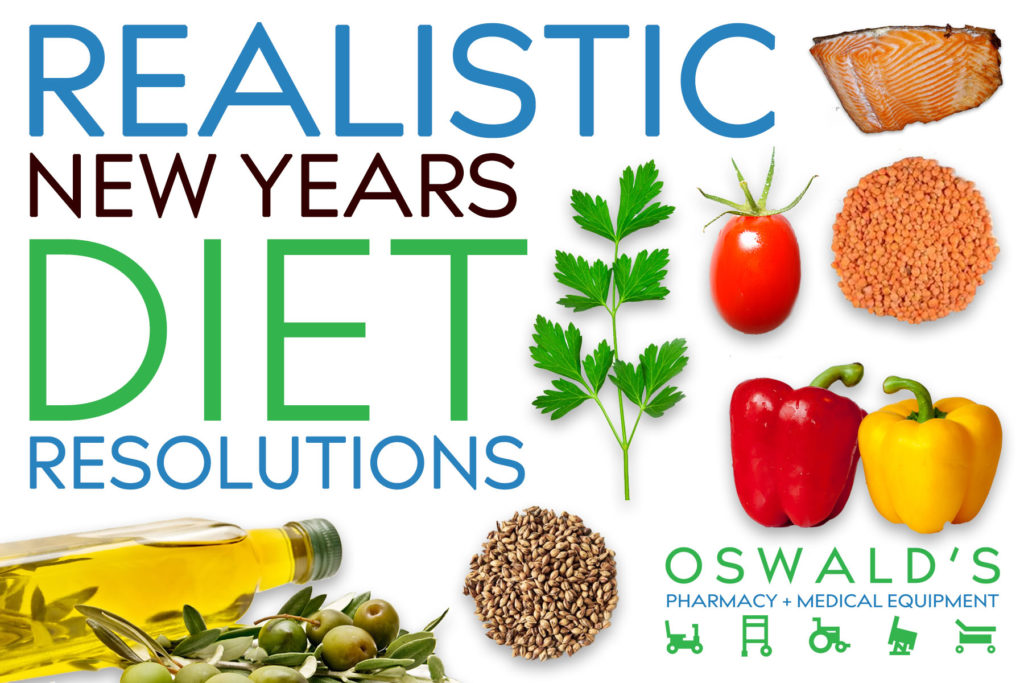Have you ever set a New Year’s resolution in the past? How did that go? Some have success with their resolutions (props to those people!) but approximately 80% of people break their resolutions. Most broken resolutions happen by February! Many goals people set are tough.
If resolutions were easy, they’d have a different name. A resolution means you are resolved and determined to make a change. And just because it’s a new year, doesn’t mean that you all of the sudden have a newfound determination. You must find motivation and determination yourself.
Maybe your decision to make a change comes in the middle of a rainy April day or perhaps a warm summer evening. Just because the calendar says January 1, doesn’t mean that you’re magically going to have the resolve to make a major life shift. Sorry, but it’s just the truth.
“Just Because the Calendar Says January 1, Doesn’t Mean You’re Magically Going to Have the Resolve to Make A Major Life Shift”
Additionally, resolutions can sometimes be far too drastic for some, especially when it’s committing to change something that you’ve been in the habit of for years (decades, even). This can add an additional layer of difficulty when it comes to adhering to a resolution.
Since nutrition is my area of study, and because healthy lifestyles always rank among the top resolutions, I’m going to offer five tips to make smaller changes to your diet. You can make these changes whenever you feel ready to try and make the shift!
Try to Incorporate Fruits and Vegetables into Every Meal
I could talk about this one for hours on end. Fruits and veggies are so important. It’s in your best interest to get in as many servings as possible. Fruits are nutrient-rich and low in calories, meaning you get more bang for your buck!
Raise your hand if you often eat veggies for breakfast. Anyone? You may not think you can, but if you think hard about it, you’ll see there are plenty of ways to veggies into your breakfast. Hashes, savory oats/polenta, savory toast, egg sandwiches, scrambles, and smoothies can all have a generous portion of vegetables for a jam-packed way to start the day!
How about fruit for dinner? Why not throw some fruit into your salad or end the meal with some banana nice cream for dessert? How about applesauce with your pork chops?
These transitions can be hard to make, but even just working in a new fruit or vegetable to one meal a day can make a difference! Every bit helps.
Focus on what you’re adding – not what you’re taking away
When making diet shifts, it can be so simple to focus solely on what you’re removing from your diet. The most important aspect of these shifts, however, is not what you’re taking away, but what you’re adding!
Sure, there are so many great things about cutting back on certain foods in your diet (read: highly processed, high in sugar and sodium, etc.), but it’s just as important to replace them with nutrient-dense foods (read: fruits and veggies, healthy grains, proteins, and healthy fats!).
It’s fun to incorporate new things into your diet and consider what kind of impact they may have. For instance; try adding frozen spinach to pasta sauce. This is one of my favorite go-tos to get more greens in my diet. On top of adding some color and texture to a dish, the changes in flavor are minimal but the impact on your health is huge! By throwing greens into your pasta sauce, you are knocking out one serving of vegetables by just dumping some frozen food into something you’re already making!
Prepare healthy snacks that are easy to access throughout the day
The easiest way to eat healthy is to be prepared! As easy as grabbing a bag of potato chips or Cheetos may be, grabbing an apple or a handful of nuts can be just as easy! Or you can do a little prep to make grabbing other healthy snacks easy too! Cutting up veggies and bringing them to work with your favorite dip or a little side salad with veggies and light vinaigrette is another great option.
Carry a water bottle with you
This one’s pretty simple but it’s a great way to stay hydrated, ensure you’re drinking enough water and to make sure you don’t think you’re hungry when in reality you’re just thirsty! And the best part is that you’re saving the environment by using a reusable water bottle! This is a win-win in my book.
Think Mediterranean!
The Mediterranean diet is often touted as one of the healthiest diets in the world (see my article on the Mediterranean diet linked here). And whether or not you eat similarly to how they do in this region, there’s a lot to be learned from this pattern of eating. The diet includes focusing on plant-based foods, healthy fats, herbs and spices, and limiting the intake of red meat and salt. Additionally, eggs, poultry, fish and sweets are more commonly weekly indulgences.
So, although I may be writing this article around the new year, it does not mean you have to try to make these changes on January 1. These tips and ideas are here for you to try whenever you are ready to make a shift in your diet! Good luck and happy new year!

